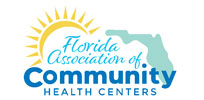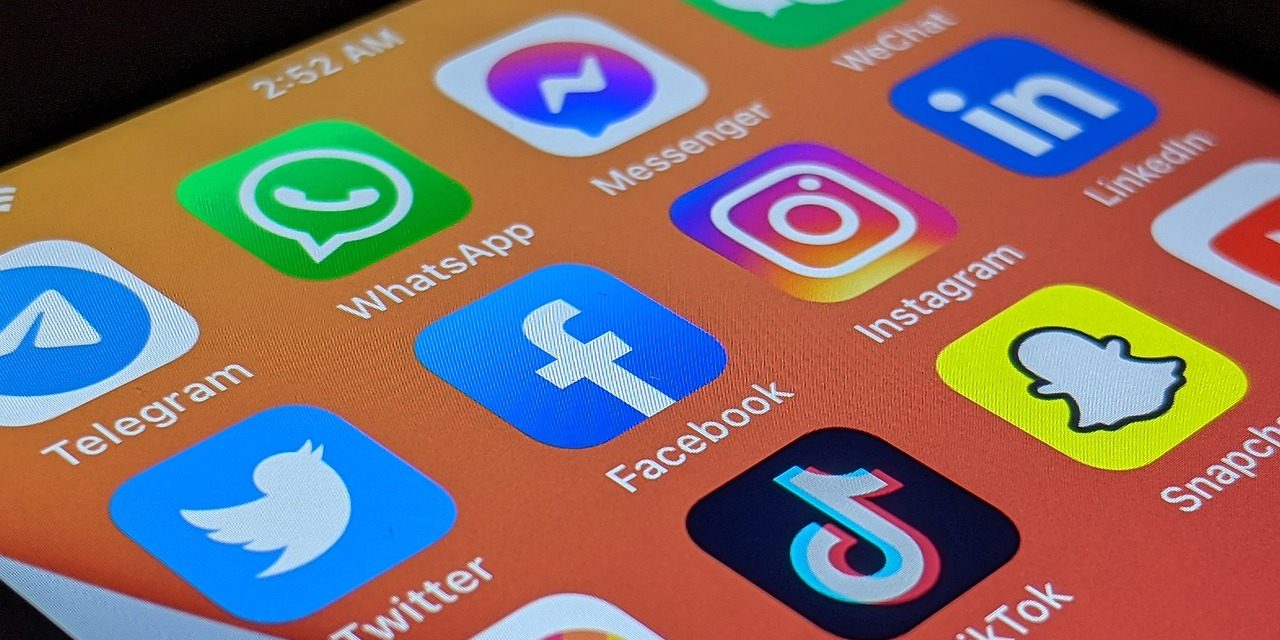For many of us, checking platforms like Instagram, Facebook, and TikTok has become a routine in our daily lives. From the moment we wake up to the moment we go to bed, these channels serve as a means of communication and connection. On average, individuals spend about 145 minutes on social media every day, making it an undeniable presence in our lives.
While social media offers numerous benefits, it also comes with major risks to our mental health. Various studies have confirmed that it becomes addictive and can give rise to issues related to anxiety and depression, loneliness, and the fear of missing out, especially among teenagers and young adults.
This brings us to the question: How does social media influence our mental health?
The Science Behind Social Media
When we post content and receive likes or comments, our brain’s reward center activates, releasing dopamine—the “feel-good chemical.” This response can create a temporary boost in our mood. However, the flip side is just as strong; a lack of engagement can lead to lower self-esteem. It’s moments like this where we have to remind ourselves that social media interactions cannot replace real-world connections.
The Upsides Side of Social Media
While the potential downsides are concerning, it’s important to recognize the positives that social media can bring:
- Staying Connected: You can communicate and stay in touch with your family and friends through social media no matter where they are in the world. It is a good way to keep relationships that may otherwise fade.
- Building Communities: You might make new friends and connect with communities of people who share similar interests, developing a sense of belonging.
- Advocacy and Awareness: Social platforms provide a space to join or promote causes, raising awareness about important social issues.
- Emotional Support: Social media can be a lifeline, enabling users to seek or offer support during challenging times.
- Creative Expression: It serves as an outlet for creativity, allowing individuals to share their art, writing, and other forms of self-expression.
- Learning Opportunities: Social media can help find educational content and learn from different perspectives.
The Dark Side of Social Media
Despite its advantages, excessive use of social media is associated with a number of mental health problems, including the following:
- Pressure to be “On”: Stress and burnout can stem from the pressure to be constantly active and present a created self.
- Fear of Missing Out (FOMO): Seeing what others are doing increases the feeling of not being part of an event or activity.
- Cyberbullying: The anonymous nature of online platforms can lead to the hurtful use of language that can damage self-esteem and mental well-being.
- Sleep Disturbances: Spending more time on screens, especially before going to bed, interferes with the process of sleep and encourages tiredness.
- Body Dysmorphia: Constant exposure to idealized images can result in dissatisfaction with body image and low self-esteem.
How to Find Balance
While we aren’t saying to abandon social media forever, being mindful of how we use it is crucial. Here are some strategies to promote healthier engagement:
- Curate Your Feed: Stop following people who do not bring joy into your life or make you happy. Fill your feed with inspiration and uplifting content.
- Manage Notifications: Mute and snooze them so that you are not pressed to be available 24/7.
- Establish Boundaries: Set times when you would use social media—perhaps limit it to once a day.
- Use App Timers: Set daily limits on your social media apps to help control your scrolling habits.
- Check In with Yourself: Give yourself some time each day to reflect on how your use of social media is affecting your feelings and adjust your usage accordingly.
- Seek Professional Help: If you find yourself struggling, don’t hesitate to reach out for support. Local community health centers often provide affordable mental health resources, you can find a community health center close to you here.
A Tool for Connecting and Reflecting
Social media is a tool, and like any tool, its impact truly depends on the way we decide to use it. Many platforms have taken steps to encourage users to interact mindfully, but ultimately, moderation is key-it’s not necessarily an all-or-nothing game. By using social media thoughtfully, we can harness its benefits while protecting our mental health.

